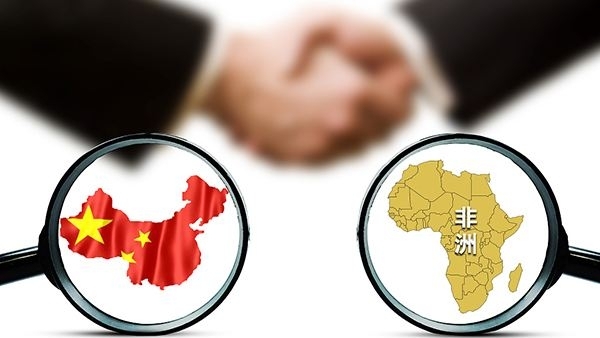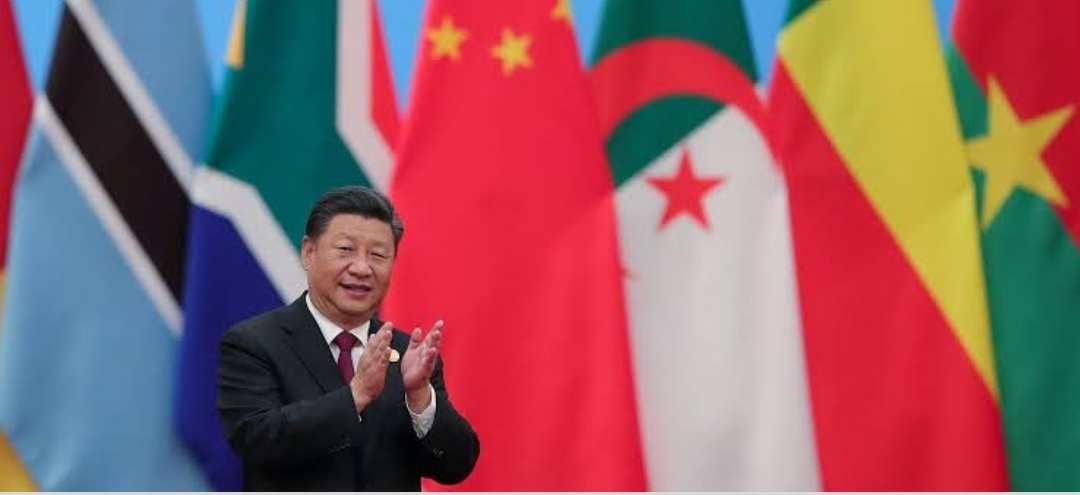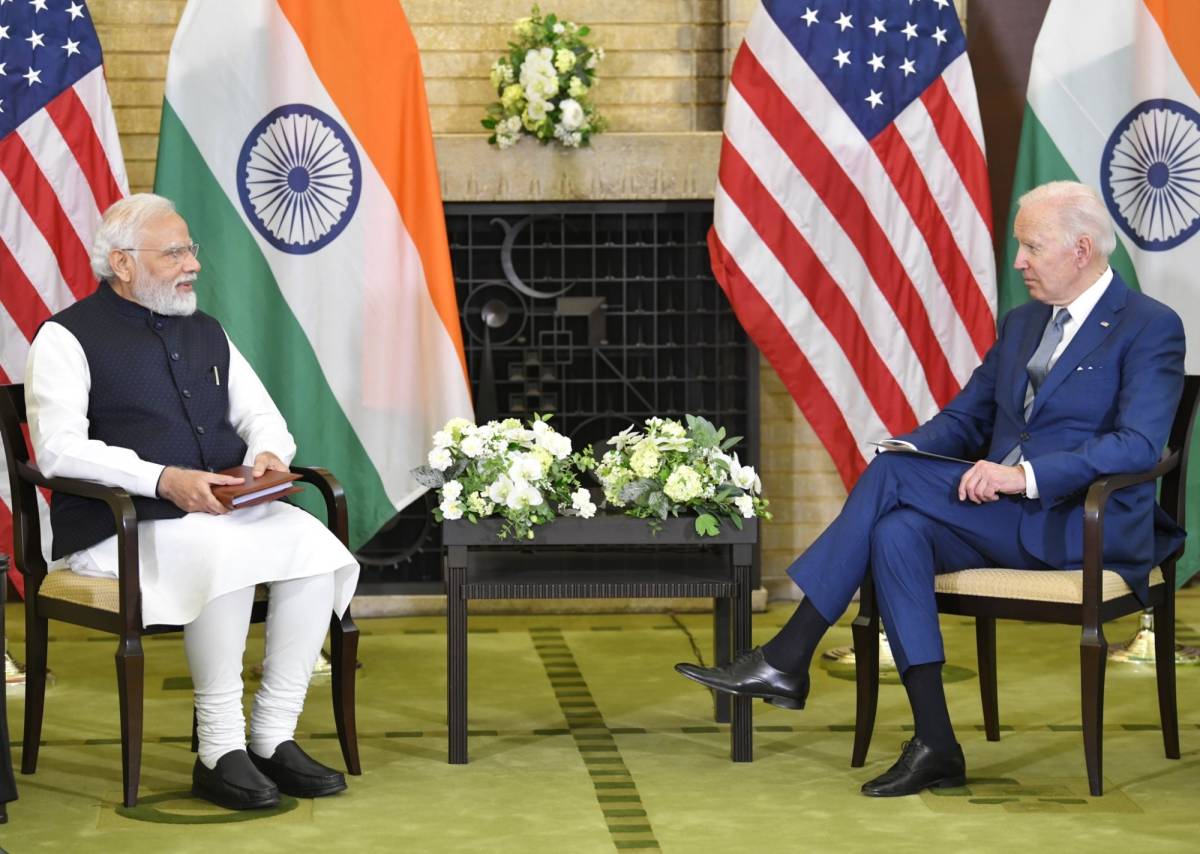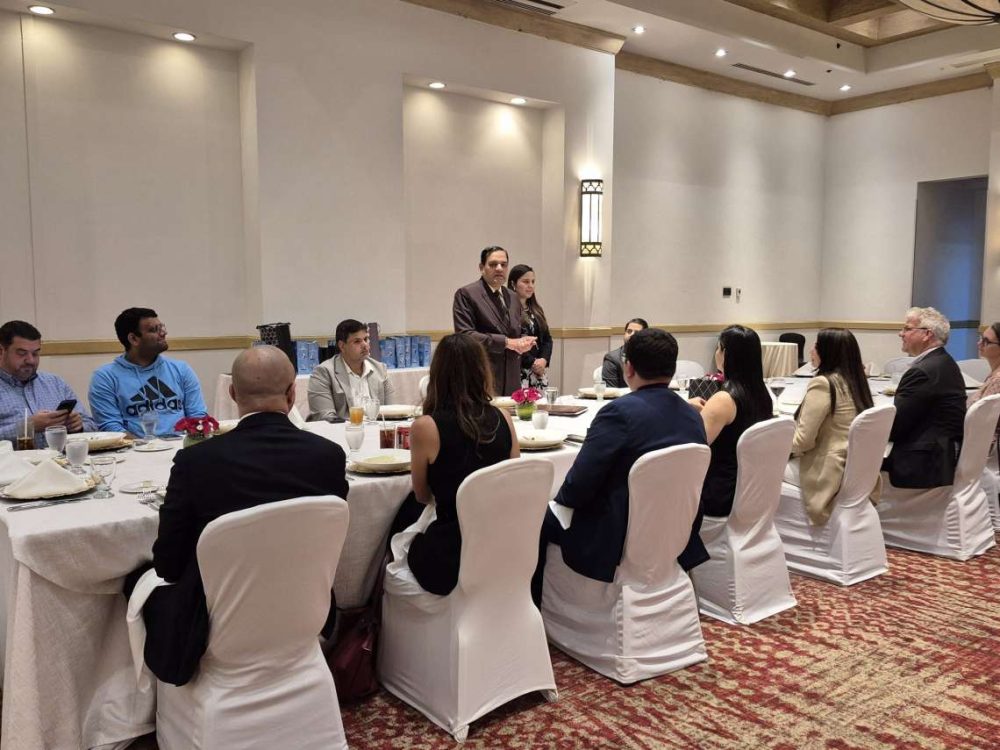A common feature of the China funded projects is the failure to adequately engage local stakeholders, civil society organisations, and communities to inform, consult, solicit input, or address their grievances. In one such case, China had to face severe backlash from the local community …writes Kaliph Anaz
Chinese companies suffer from a poor image in corporate ethics. There is always a question mark on their integrity. The malpractices of Chinese construction companies operating in Africa have often been reported in the media. But such pieces of news do not seem to rattle these companies who still fail to keep their functioning above board.
Recently, Tuk Chilo Ltd, a local Kenyan firm, filed a court case against China Road and Bridge Corporation Kenya (CRBC) for failing to pay over Sh 44.3 million for the construction of various roads in Nairobi. Tuk Chilo Ltd. was subcontracted by CRBC to construct and upgrade roads in various informal settlements and densely populated areas in Nairobi Country. The business and operations of the Kenyan company have suffered irreparable loss and damages due to non-payment of dues. Notably, CRBC is in the process of winding up its operations in Kenya and moving back to China any time soon.

In another incident of deceit, it was revealed that Chinese hackers targeted eight key ministries of Kenya including foreign and finance ministries and State departments from 2019 to 2022 in a bid to assess billions of dollars owed to Beijing. The cyber-attacks also targeted the Kenyan Presidency and affected the National Intelligence Service (NIS) after the attackers secretly accessed email servers used by the spy agency. The ministries targeted were critical in the implementation of the Belt and Road Initiative project.
A vast trove of documents was stolen by the attackers from the Ministry of Foreign Affairs and National Treasury. The years-long cyber-attacks started in 2019 when China stopped credit taps to Kenya as debt strains started showing.
In complete disregard for individual privacy, a Chinese national was allegedly found shooting videos of various people in Lilongwe (Malawi) without their consent. These illegal videos were being sent to China for unknown reasons. Lilongwe Police arrested the Chinese national and raided his house confiscating five computers and multiple cell phones that are believed to have been used in committing cyber-crimes.
A common feature of the China-funded projects is the failure to adequately engage local stakeholders, civil society organisations, and communities to inform, consult, solicit input, or address their grievances. In one such case, China had to face severe backlash from the local community including environmentalists, human-rights groups and local landowners in Sierra Leone over the acquisition of a huge plot of land at the beach area of Black-Johnson, Freetown. The land was acquired in 2021 for the construction of a deep sea/fish harbour. The local community alleged that the construction of the port would adversely impact the rainforest area, fish livestock, migration of local people etc.
In Somalia, China’s clandestine support to the extremist group Al-Shabab was revealed when the National Intelligence and Security Agency (NISA) of Somalia seized cargo at Mogadishu port on May 17, 2023. The cargo that originated from Ningbo, China reportedly contained military hardware (camouflage uniforms, windmill etc.) meant for the extremist group. However, the items were falsely declared as hardware PVC tubes.
Over the last decade, China has lent money and erected infrastructure on a sweeping scale across Africa. To pay for such projects, many African nations have borrowed from China. The African countries must realize that these borrowings will ultimately lead them into ‘debt trap’ as the benefits arising out of these projects will eventually be transferred to China. Chinese-funded projects are known to be fraught with corruption and criminality. Instead of generating desired benefits, they create social tensions and vitiate the ethos of the host countries.









